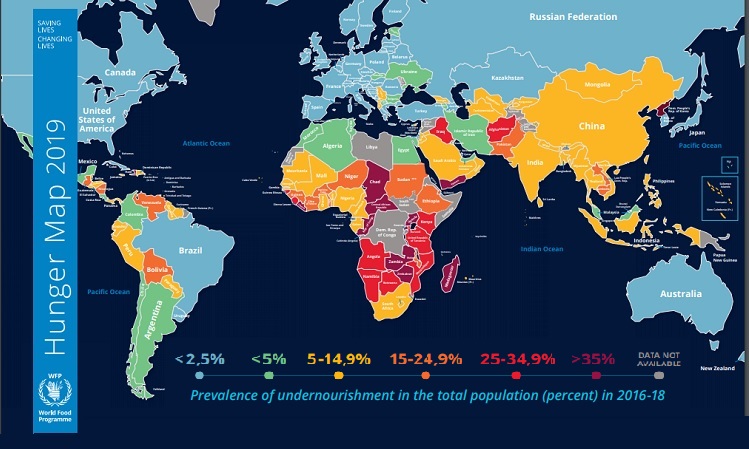By the end of 2020, the COVID-19 pandemic risks doubling the number of people who face acute hunger from around 135 million to around 265 million people. The pandemic may have a more severe impact on the number of hungry than the global food crisis of 2007–2008, potentially constituting a ‘hunger pandemic’.
This Stockholm International Peace Research Institute (SIPRI) Topical Backgrounder focuses on the effects of the pandemic as they are being played out in conflict situations and in critical supply chains, with reflections on the politics of moving forward.
A full account of the human consequences of the coronavirus disease 2019 (COVID-19) pandemic, beyond the immediate health effects, remains to be seen. However, it is clear that the global economic recession and physical, economic and social disruption are being borne by the most vulnerable. The pandemic risks doubling the number of people who face acute hunger. Even before COVID-19 the world was on the brink of the worst humanitarian crisis since World War II, with over 800 million people facing chronic undernourishment and a further 135 million people suffering crisis levels of hunger or worse. Although we are only months into the pandemic, analysis shows that an additional 130 million people could be pushed to the brink of starvation by the end of 2020 due to COVID-19. Projections predict the pandemic may have a more severe impact on the number of hungry than the global food crisis of 2007–2008, constituting what David Beasley, Executive Director of the World Food Programme (WFP), has labelled a ‘hunger pandemic’ alongside the health crisis. This double crisis impacts individuals but is also fuelled by broader macro-level dynamics.
Read the full article (external ink to SIPRI website)

